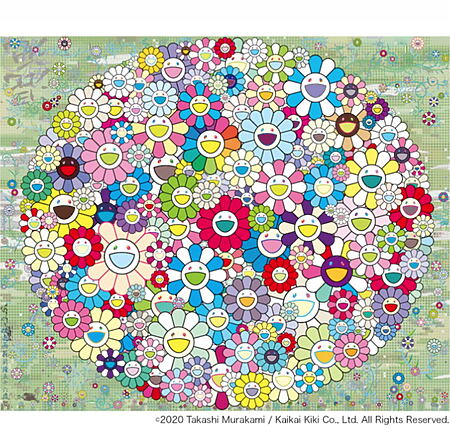Anyone who loves books wants to know at some point how the book world builds up, and that means for thorough people - back to the beginning.
When did German literature actually start?
German literature in the closer importance of the concept of literature (written art work) that is common today, the first people began to write for a long time and even longer before Gutenberg invented book pressure and thus enabled distribution among all citizens in our society.
Already from the early Middle Ages we know about the creation and passing on of linguistic works of art: the knight sealed and sang for his adored, the winner of the battle wrote the description of his heroic deeds himself or was prayed.
The entire historical tradition of the artistic use of language was mainly related to the aristocratic living environment, here heroic songs were further retired, say about important battles and their winners conceived, sometimes also archived courtly entertainment and love poetry through frequent lectures. Stories for the people were also mostly dominated by these topics, and knowledge worth preserving were also passed on in sayings and stories.
As I said, all of this initially only happened orally, only a few chosen in the beginnings of recording history, which then used the Latin language. The preparation of writings was expensive, when knowledge was recorded, this almost always meant the transfer to the Latin language, for example, some Germanic tribal rights have been handed down.
This is not a tradition of artistic literature, the poetry of the early Middle Ages was hardly considered to be worth preserving when the contemporaries are looked at, but as an interesting narrative in the evening round, the majority of the earliest seals in our culture is therefore not available for posterity.
Only a few aristocrats, who belonged to the scribes of the time, had such a pronounced sense of the nice thing that they also related to their time to write down their stories for the descendants.
And some could be preserved by the work of the monks, which in the monasteries could devote themselves undisturbed to the constitution of Latin writings and also had the task of making works in the public language that helped to interpret Latin texts and also serve as mission aids.
So the oldest literary works in our nation were handed down to us: The Abrogans (around 750 by a monk wrote Latin-Elderhoches Glossar), the Merseburg magic sayings (around 750) and the Hildebrandslied (hero epic, start around 830) are also one of the earliest testimonies of German literature. The latter are two beautiful examples of aristocratic historical delivery, which, in addition to heroic songs and princely prices, also received the first works of the lyrical folk tradition with their love songs, lamentations and spells.
The oldest (preserved) book in German is the Abrogans, among the first books known to us are then in addition to the z. B. also the Malberg Glossen in the Lex Salica (from 750), the Hammelburger and Würzburg Mark descriptions (777 and 779), the Wessobrunner prayer (around 790), the Old High German Isidor (around 790) and the Weißenburger Catechism (end of 8th century).
German -language monastery literature developed , which mostly emerged from Latin epic and was extremely important for German language development. The Bible spells, the Heliand (old Saxon, still written in the traditional stick rhyme around 830) and the Liber Evangelior (Evangelia Book) of Otfrid von Weißenburg are famous, which was already written in the “modern” end rime verim towards the end of the 9th century.
Other important vernacular tests of this time are the “Kasseler conversations” (argumentation aid for priests, around 810), the “Old High German Tatian” (translation of the Evangelia harmony of Tatianus, around 830), the Strasbourg Eid (a contract between the rulers of 14.2.842 in old high German and old French), the oldest known German Kirchenlied, around 880), the Muspilli (stabilizer over the world end, around 870), the martyr story “Georgslied” (around 880) and the Ludwigslied (prize prize, around 881/882).

by unknown (manuscript) [public domain], via wikimedia commons
In the 10th century it went down with German literature, here a few verses, proverbs and blessings were essentially recorded, only one monk held up the honor of domestic literature: Notker Labeo, Mönch in St. Gallen, dared to translate texts from the ancient philosophers into Old High German.
He succeeded at such a quality level that he is celebrated today as the first significant German prose author.
The beginning of our literature is outlined, the Old High German literature . It is generally included in it all the written works that could be dated between the middle of the 8th century and the middle of the 11th century and are attributed to the High German -speaking area, after which one speaks of early middle -class literature.
This was initially about a short representation of the facts that it can be exciting to take a closer look at one of the works mentioned above will be read later.


















